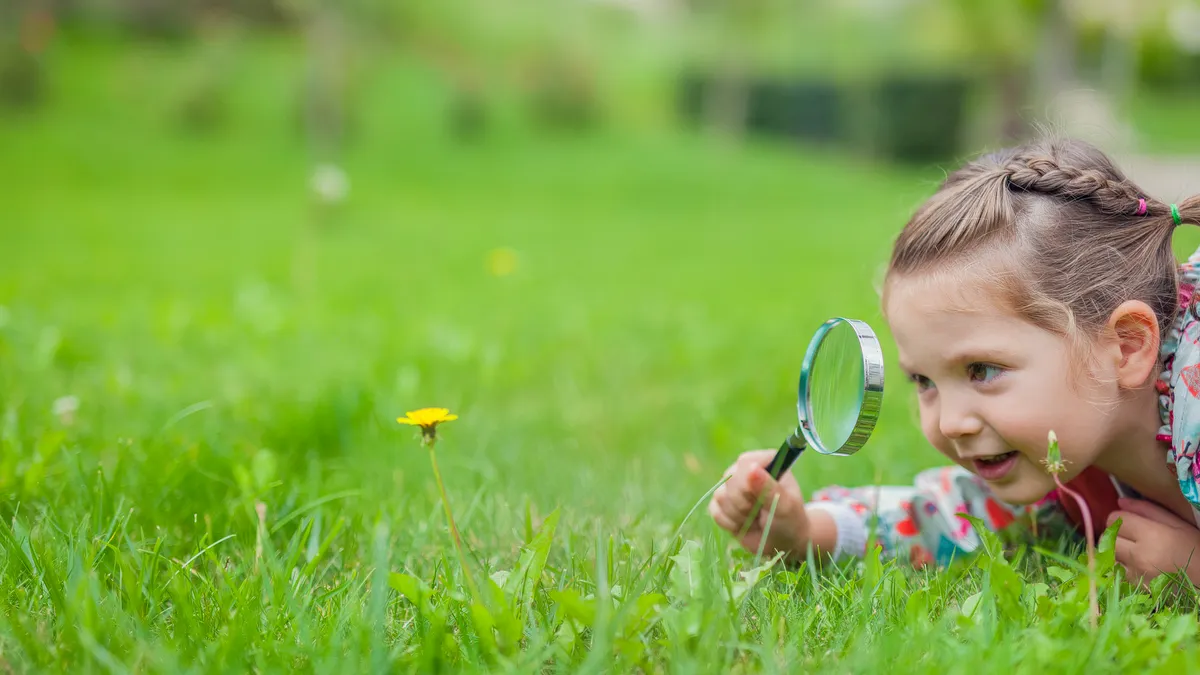Dive Brief:
-
Less than half (40%) of state-funded preschool programs have rules mandating outdoor play for young children. Another 15% of state-funded preschool programs have guidance for outdoor play, according to a policy brief from the National Institute for Early Education Research, a research and policy nonprofit.
-
In those states with outdoor play regulation or guidance, 25% required outdoor time but had no specific amount of time children should spend outdoors.
-
Spending time outdoors daily can support a young child's cognitive, physical, social and emotional development, said NIEER, which is urging states to support outdoor play, including through rules, guidance and professional development of early childhood educators.
Dive Insight:
Concerning survey data from parents and state-funded pre-K programs about young children's lack of outdoor time during the COVID-19 pandemic led NIEER to examine this issue more closely, said Steven Barnett, co-author of the policy brief and NIEER's founder and co-director.
In fall 2023, as part of its State of Preschool analysis, NIEER began asking states specific questions about their outdoor play policies and practices — including their guidance on weather conditions and professional development to help educators guide outdoor learning and development.
The findings led to the policy brief and call-to-action for more attention to this topic, Barnett said.
Outdoor play has not been "front-of-mind for a while now," said Barnett, who added that's changing, specifically in states with universal preschool and as awareness about climate change grows. Encouraging children's self-guided outdoor play is important, as is teacher-facilitated outdoor instruction about nature, climate, science, math and more, he said.
Three states — Minnesota, Washington and Wisconsin — have specific rules or guidance for time spent in nature, including at parks, forests and green spaces. Including those states, five others and the District of Columbia include outdoor, nature-based preschools in their state-funded programs.
In contrast to nature-based play, constructed outdoor environments include playgrounds, blacktops and other artificial surfaces.
Research on nature-based play found benefits for children's physical and mental health, as well as their immunity levels. NIEER also advocates for nature-based outdoor play because of the emotional connection young children can have to the environment.
Early childhood educators can help young children "learn from nature and all their interactions with it," Barnett said. "Nature is a learning environment."
The survey data showed 42% of state-funded preschool programs within 20 states had professional development activities designed to promote learning through outdoor experiences.
In addition to enhancing professional development, NIEER recommends states develop regulations or guidance related to providing space for children's gross motor development in state-funded preschool programs. The organization also encourages programs to seek more natural and green space for play and exploration, including in cities where preschools can work with community partners for access to green spaces.






 Dive Awards
Dive Awards






